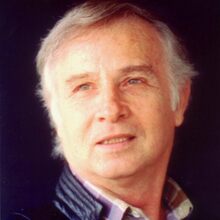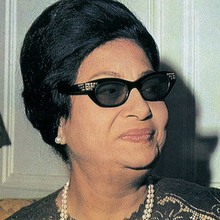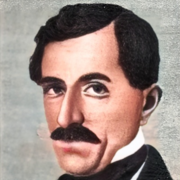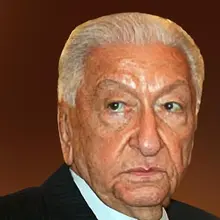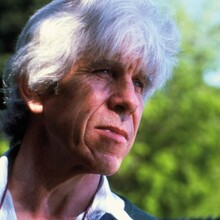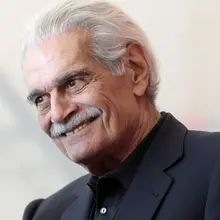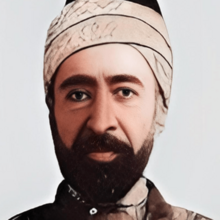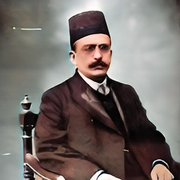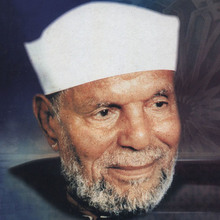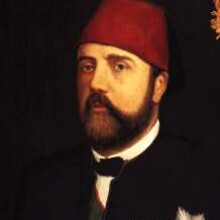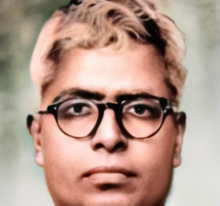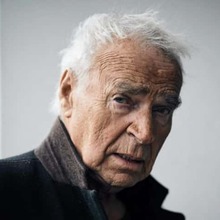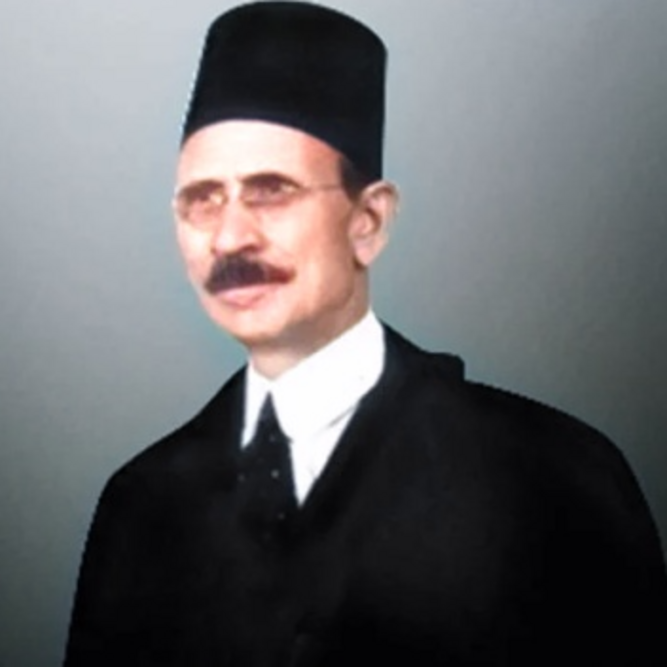
Personal
Other names:
Ahmed Lutfi el-Sayed Pasha
Job / Known for:
First president of Cairo University
Left traces:
Founder of Al-Jarida newspaper
Born
Date:
1872-01-15
Location:
EG
Berqin
Died
Date:
1963-03-05 (aged 91)
Resting place:
EG
Cairo
Death Cause:
Natural causes
Family
Spouse:
Children:
Parent(s):
QR Code:
 My QR code:
Ahmed Lutfi el-Sayed
https://DearGone.com/13421
My QR code:
Ahmed Lutfi el-Sayed
https://DearGone.com/13421
Key Ownner:
Not yet supported by key owner
Show More
Rank
Users ranking to :
Thanks, you rate star
Ranking
5.0
1
About me / Bio:
Show More
Article for Ahmed Lutfi el-Sayed
Died profile like Ahmed Lutfi el-Sayed
Comments:
